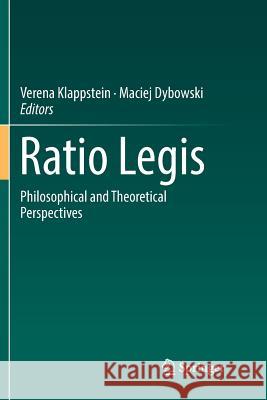Ratio Legis: Philosophical and Theoretical Perspectives » książka
topmenu
Ratio Legis: Philosophical and Theoretical Perspectives
ISBN-13: 9783030089511 / Angielski / Miękka / 2019 / 205 str.
Kategorie:
Kategorie BISAC:
Wydawca:
Springer
Język:
Angielski
ISBN-13:
9783030089511
Rok wydania:
2019
Dostępne języki:
Ilość stron:
205
Waga:
0.31 kg
Wymiary:
23.39 x 15.6 x 1.17
Oprawa:
Miękka
Dodatkowe informacje:
Wydanie ilustrowane











